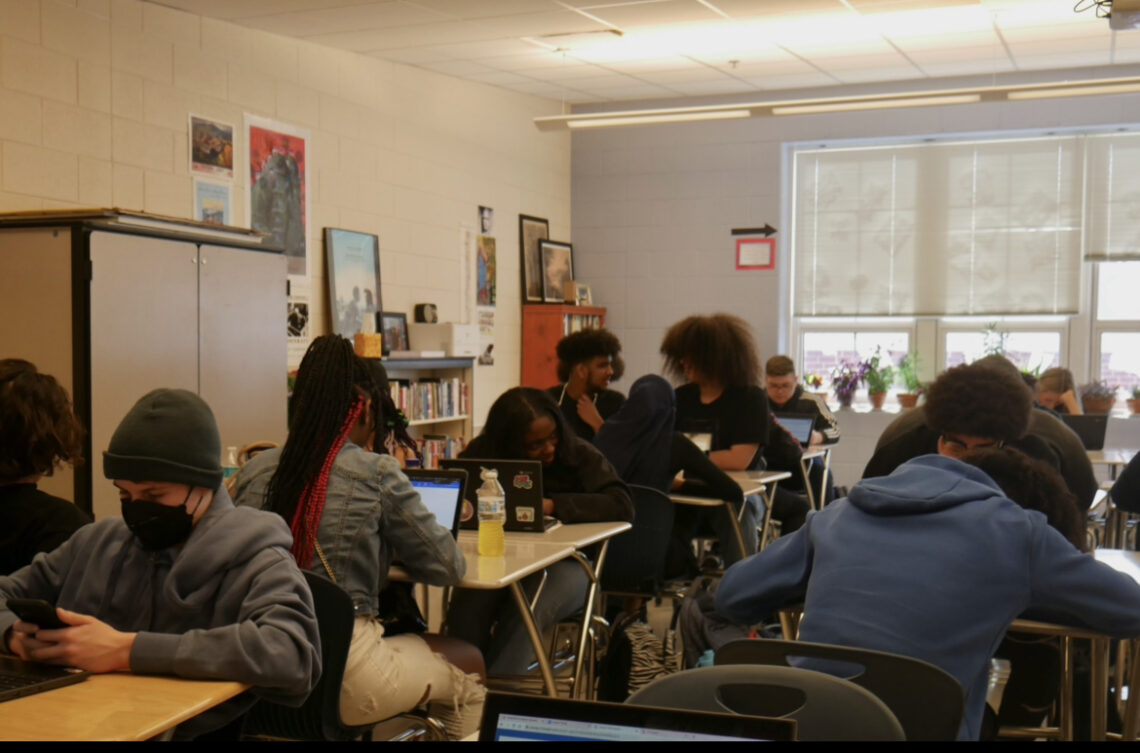Harper Travis, Guy Cardwell
Editors
For being one of the most diverse school systems, the typical ACPS classroom looks shockingly homogeneous. In elementary schools, students are separated into “gifted” and “non-gifted” as early as third grade. In middle and high school, another level of leveling is added, with honors and AP classes separating students.
“They never gave me a reason for why I was kicked out,” said middle schooler Asa Sermons, who was part of the “Talented and Gifted” program for a year. In TAG, impressional students are immediately sifted into categories based on their performance on tests. For students who don’t make the cut, the expectations can be lasting. “I have gotten over it, though,” said Sermons.
Despite its intended goal of providing individualized education, the leveling of American school systems merely benefits the fortunate. Wealthy parents are more politically connected, have more time to advocate for students, and extra tutoring further exacerbates existing disparities.
By providing students with existing advantages, a more rigorous curriculum, and experienced teachers, small disparities grow. As students enter high school, their levels of proficiency are vastly different.
In comparison, it makes sense to look at one of the best education systems in the world. The Programme for International Student Assessment is given to high schoolers to assess their math, reading, and science performance levels. Finland was ranked 10 on the PISA test while the US was ranked 14. In Finnish schools, ninety-three percent of Finns graduate from high school, 17.5 percent higher than in the United States. Finland only has one standardized test for students at the end of high school, a stark contrast to the frequent division of the US.
Additionally, barring disabilities and language barriers, Finnish students are kept together, even if they have different degrees of academic achievement. Students are taught to effectively help each other, seeking help when they struggle in a particular subject. Teachers, rather than an impersonal curriculum, are in charge of adapting to each individual student.
Perhaps it makes sense for ACPS to imitate successful education systems abroad. For a system whose slogan is “equity for all,” why not construct classrooms to reflect the diversity of Alexandria?
Featured photo by Chloe Yokitis for Theogony






